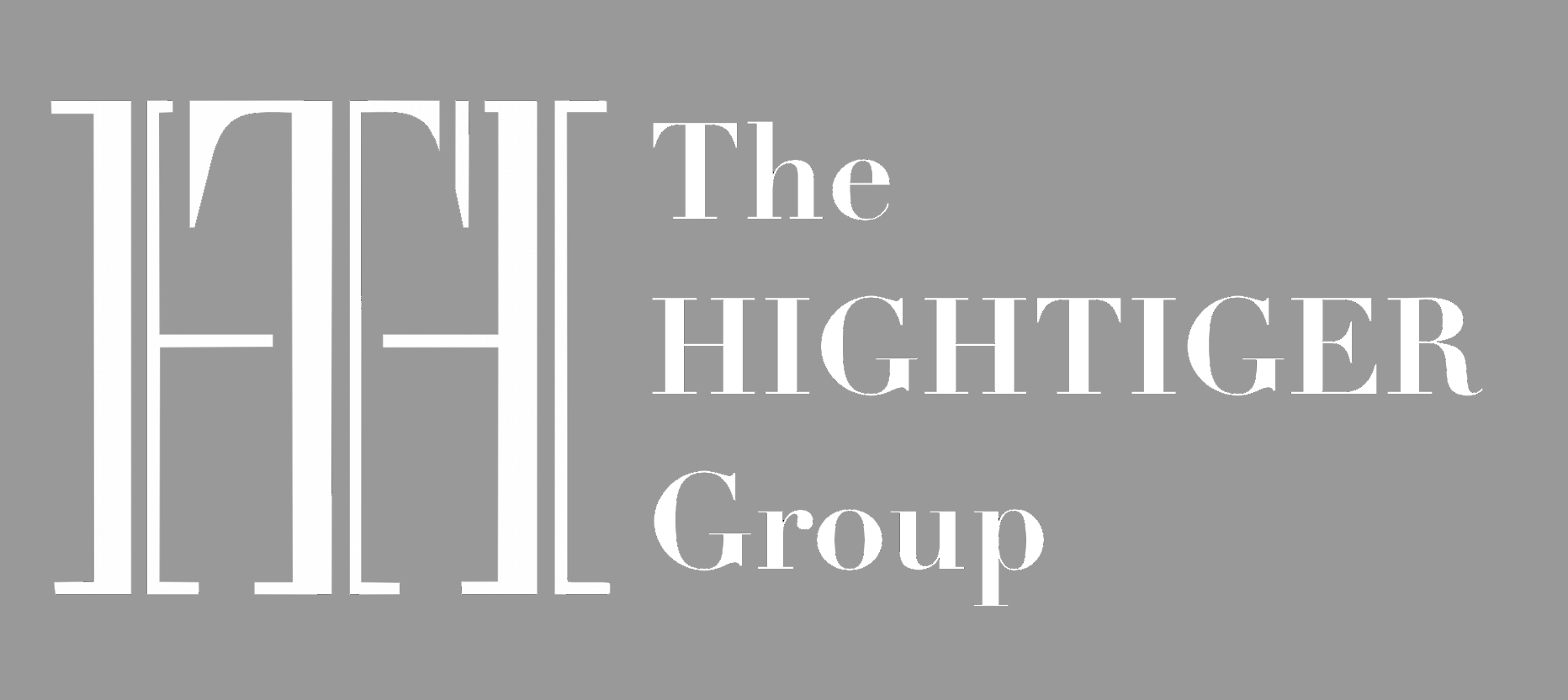What about the WHO’s alert?
Following the decision by the World Health Organization (WHO) to declare, on this Thursday 30 January 2020, a “worldwide state of emergency,” we have noticed some confusion among our contacts or partners about it. For some of them living out of China, it was like a shock, the feeling that something was suddenly happening and that their cities will be covered overnight by militarized checkpoints.
So, a brief review of this WHO’s decision, context, and consequences might be useful:
1- What is this WHO alert?
It is a Public Health Emergency of International Concern (PHEIC).
This is an alert declared by the Emergency Committee of the WHO when a situation within one State has implications on public health beyond this State’s borders, requiring a coordinated international response and immediate global action.
There had been five PHEIC declarations so far: the 2009 H1N1 (swine flu), the 2014 polio, the 2014 Ebola in Western Africa, the 2015 Zika virus, the Kivu Ebola.
(The official report of the Emergency Committee can be found here)
2- Why now?
There were three reasons to declare the PHEIC now:
1- The rising number of countries having reported positive cases (21 states as of 30/01), with the number of infected people still increasing quickly in China. It is becoming a global pandemic.
2- The confirmed human to human transmission outside of China (Germany, Japan). The cases are not only direct imports from China.
3- The fact that infected patients have been detected in some countries which have a weaker health system compared to more developed places. Identifying and processing the cases will present a challenge for these countries (Thailand, Sri Lanka, Angola, etc…). There might be secondary outbreaks in fragile environments.
3- What are the expected positive consequences of this alert?
Mainly two outcomes are expected to help to fight the virus:
1- Following the International Health Regulations (2005) that are legally binding as far as International Laws are concerned, the countries have the legal duties to follow the WHO’s instructions when a PHEIC has been declared. There should be more actions taken by all authorities worldwide.
2- Under this PHEIC emergency level, the mobilizations of resources to fight the virus should be easier. Simplified procedures and accelerated administrative processes should be in place to facilitate all actions taken against the spreading of the virus, from customs control of medical equipment to testing of new remedies, medicine… It should facilitate the development of cures or vaccines.
4- What are the potential negative impacts?
Two consequences are to possible:
1- The first one is obvious and certain. Even if the Emergency Committee did not recommend any travel or trade restriction for the moment, the impact on the world economy will be substantial. Some airlines had already stopped all flights from/to China (not only Wuhan the center of the outbreak), so with this PHEIC, China will be de facto quarantine. Beyond the travel restrictions, there will be the disruption of business, especially the logistic/procurement chains, as many factories in China, keys to worldwide industries, are closed or will not be able to exchange with others. It’s too early to evaluate the cost of this pandemic, but it will severely hurt the world economy.
2- There might be a paradoxical risk too: to avoid to be pointed out and like blacklisted by the International Community, some countries might be reluctant to disclose the full extent of a potential outbreak. The number of cases could be deliberately minimized to avoid being quarantined.
Conclusion
The WHO’s decision does not reflect a sudden surge in the gravity of the pandemic. It is the recognition of the international exposure and a leverage to accelerate the actions taken worldwide to contain and fight the virus.
It’s too early to assess the human consequences of this nCoV. This virus might experience mutations that could make it more dangerous, but the lethality deducted from the existing cases is relatively low (around 2%) so far.
But huge economical damages are certain.
Shanghai, 31 Jan 2020


